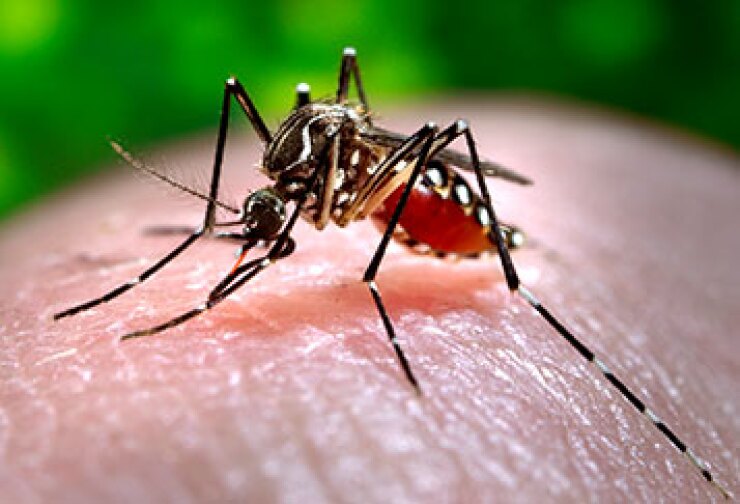
BRADENTON, Fla. - A federal warning advising pregnant women against traveling to a south Florida neighborhood because of Zika is a negative credit factor for both Miami and Miami-Dade County.
Moody's Investors Service said Monday that the warning has the potential to reduce travel to the south Florida region that would affect key sources of tax revenue linked to tourism, including sales, gas and tourist development taxes.
The Centers for Disease Control and Prevention issued the travel advisory last week for a one-square-mile neighborhood north of downtown Miami encompassing Wynwood, a trendy arts district where the country's first locally transmitted cases of the Zika virus were found in tests on humans.
"Given that it is the low season for Florida tourism, the current limited travel guidance is not likely to significantly affect these tax streams over the next few months," analysts said.
"However, if the guidance expands to include the entire city or remains in effect through the fall and into the high season of December to March, these revenue streams could experience declines," they said.
Zika is a virus linked to severe birth defects transmitted by the Aedes aegypti mosquito. It can also be transmitted by people infected with the virus through vaginal and oral sex, according to the CDC.
Moody's said the costs associated with Zika prevention in Miami and the county likely will not have a major effect on their operating budgets given that both have healthy reserves available for contingencies and budget conservatively.
However, Miami and Miami-Dade County have become more reliant on sales tax and tourism-based revenues, analysts said.
In fiscal 2015, sales taxes constituted 5.2% of the revenues in Miami's $599 million general fund, while sales taxes and state-shared revenues accounted for 12.4% of Miami-Dade County's $2 billion general fund.
Sales and tourist tax revenues for the city and county have also grown in recent years.
Between 2010 and 2015, Miami's sales tax grew at a compound annual growth rate of 6.6%, while tourist tax revenues grew at a rate of 12.6%.
Over the same period, the county's local option sales tax grew at a rate of 6.4%, while tourist tax revenues rose by 8.9%.
Last week's CDC travel advisory marks the first time in the agency's 70-year history that people have been warned not to travel to a U.S. location, Moody's said.
Extra measures are being taken locally to reduce the spread of the Zika virus by the city, county, and the state. Those include educating residents about standing water where mosquitoes breed and aerial spraying of insecticide.
On Sunday, Gov. Rick Scott said on NBC's Meet the Press that 16 locally acquired cases have been identified in the Wynwood area and the state is working with the CDC to provide additional tests to pregnant women.
Scott also criticized Congress for taking a summer vacation before passing a bill to provide extra funding to fight Zika.
"We still need the federal government to show up," he said. "This is a national, international issue. This is not just a Florida issue."
To date, 46 states plus the District of Columbia have reported Zika cases acquired by people who traveled outside the U.S., the CDC said.
The cases reported in Miami-Dade County were acquired by people who had not traveled outside the country.
In May 2015, the Pan American Health Organization issued an alert regarding the first confirmed Zika virus infections in Brazil. Before that time, Zika virus outbreaks occurred in Africa, Southeast Asia, and the Pacific Islands.





